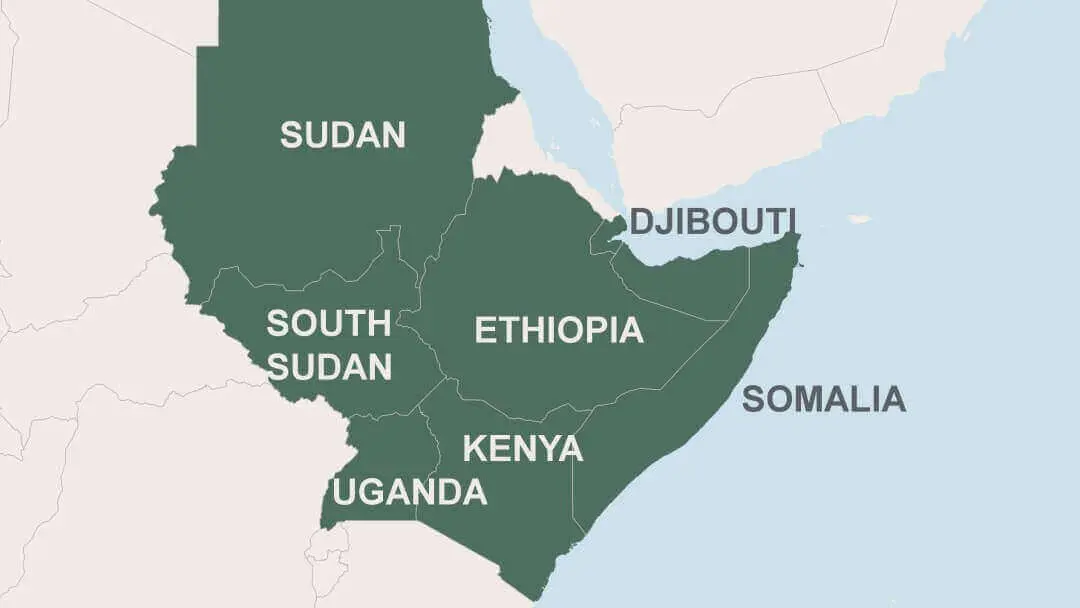
East Africa is experiencing a profound geopolitical shift as Gulf states and Turkey expand their influence through infrastructure,energy,and security investments totaling an estimated $75 billion,according to a new report by the Washington-based Africa Center for Strategic Studies.
This influx is transforming the region’s political and economic landscape,particularly in fragile states like Sudan and Somalia,the report says. Leading the charge is the United Arab Emirates (UAE),which accounts for 60% of all Gulf capital inflows into East Africa. With projects spanning all 12 countries and six major sectors — including ports,mining,and agriculture — the UAE is also the largest single investor in Sudan,where $22 billion in non-security initiatives are underway. Yet,the UAE,alongside others,is also reportedly supplying weapons to opposing factions in Sudan’s ongoing conflict,deepening regional instability.
Saudi Arabia follows with $15.6 billion in investments,heavily focused on Djibouti,where it controls 90% of Gulf capital. Strategically located on the Bab al-Mandab Strait,Djibouti has received nearly $14 billion overall,making it the highest per capita investment destination in East Africa. Turkey,while not a Gulf state,has become a key player,especially in Tanzania,Somalia,and Ethiopia. Unlike Saudi Arabia,Turkey emphasizes security partnerships,operating in eight of the nine East African countries it engages with. These growing engagements highlight stark disparities — where Gulf per capita income dwarfs that of East African nations — raising questions about long-term sovereignty and regional stability.
United News - unews.co.za